![]() — หน้าแรก — เกาะติดข่าว
— หน้าแรก — เกาะติดข่าว
ข่าวเศรษฐกิจและธุรกิจประจำสัปดาห์
-

Small and Medium-Sized Enterprises (SME) start suffering the effects of coronavirus outbreak
Some small and medium-sized enterprises (SME) have started suffering from the effects of coronavirus outbreak, business owners say. “It has already affected the country’s economy very much. Especially, hotels. As they have lost customers, they have no money to pay for their employees’ salaries. Restaurants and shops are facing difficulties also. Many SME businesses are now relying on delivery apps and messengers but this is not extensive enough to make up for lost walk-in customers. People don’t dare to go outside,” said U Min Banyar San, secretary of the Myanmar Ethnic Entrepreneurs Association (MEEA). Ko Khine Zaw, founder of a company that makes the OBO brand of instant Mohinga, said sales of food has increased, recently. “As my business is supplying food, there is no obvious impact but some SMEs are facing difficulties as their employees have returned to their hometowns,” said Ko Khine Zaw. -
Ministry of Commerce (MOC) organized a coordination meeting to control high sale price to the health equipments and goods
The Ministry of Commerce Nay Pyi Taw and Yangon held a coordination meeting through video conference system to control high sale price to the health equipments, medicines, foodstuffs for the prevention, control and treatment of Coronavirus Disease 2019 (COVID-19) at the Ministry in Nay Pyi Taw, Sunday. At the meeting, permanent secretary U Aung Soe said that some persons are selling the goods with high price by taking opportunities on the irregular border trade and maritime flow in regard with coronavirus disease. The Ministry is cooperating with associations for the price of health protective equipments, medicines and food to be stable in the market. He also added that the basic food such as rice, chili, onion and beans are in sufficiency in local as these products are produced by Myanmar and coordination is being made for the safety of oil. -
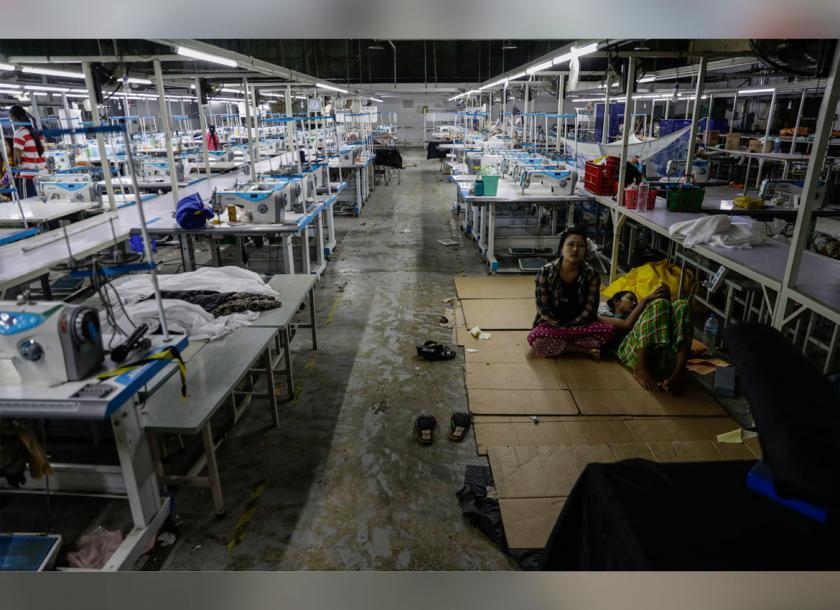
Government announced the priority sectors for emergency low – interest rate loans
The committee set up by the government to handle the economic impact caused by the COVID-19 pandemic has issued a statement on which sectors of the economy would be prioritised for emergency low-interest rate loans that are part of a stimulus package. The statement issued by the task force says that cut-make-pack enterprises in the garment industry, hotels and tourism businesses, and small and medium enterprises would be given preference for the loans. In the announcement, the task force said that these sectors are priorities in the country’s economy and also the ones most immediately affected by the global economic slowdown brought on by the pandemic. -
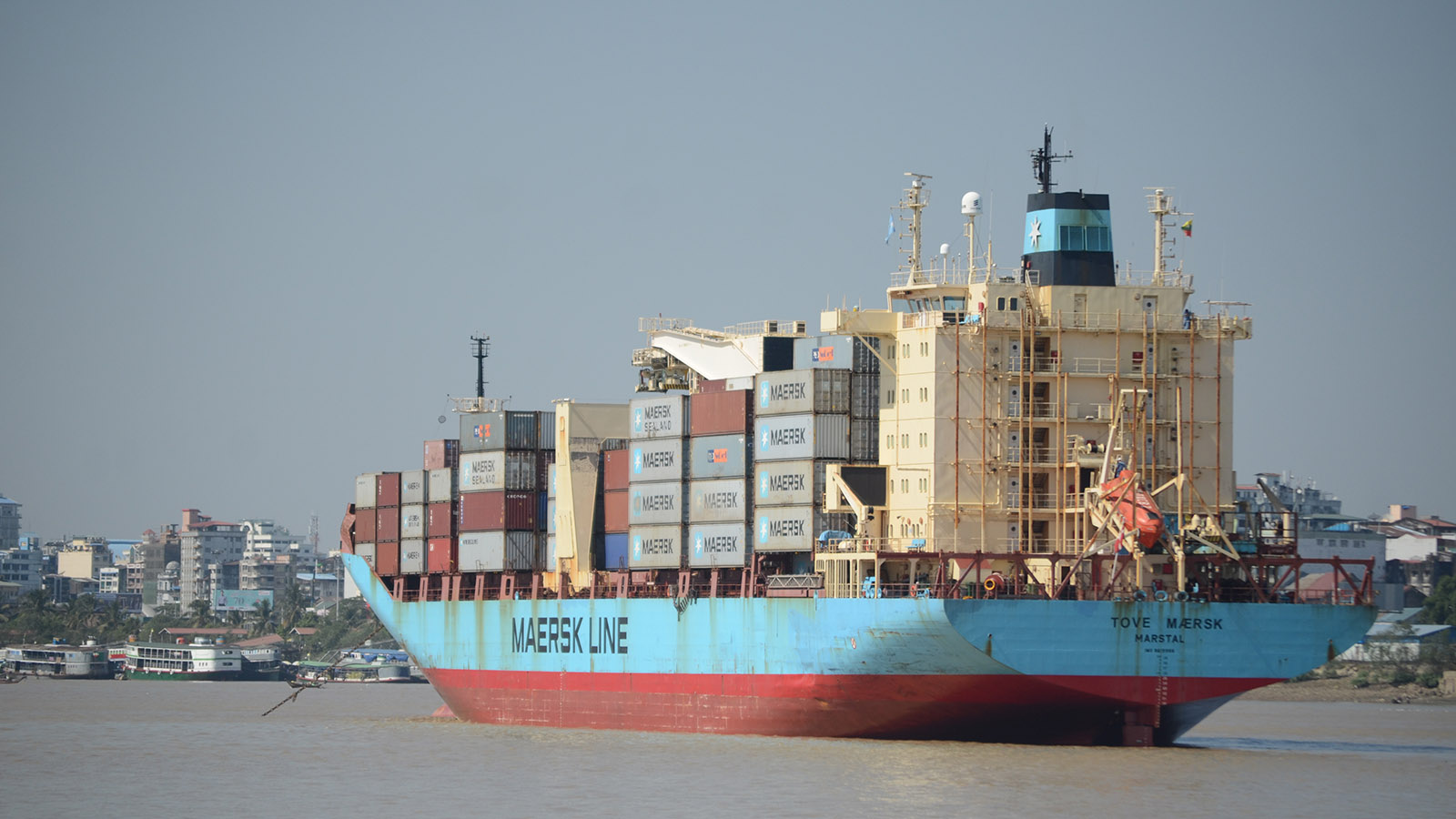
More than 160 export and import items will get online licence system during an emergency period of COVID – 19
More than 160 export and import items will get online licences starting from 1 April, the Trade Department under the Ministry of Commerce stated. HS codes for 91 import items and 73 export items have been issued for the fully online system during an emergency period of Covid-19. As per the fully online licencing system, only items registered under the HS code line are available. The applicants need to fill out the online application and the invoice and approval from the related departments are required to be attached in PDF format. The necessary guidelines for the online systems have been shown on the website. They can see their application status online. The ministry has launched the online licencing system for export and import businesses starting from 1 April, with a view to reduce the person-to-person contact and mitigate the spread of COVID-19. -
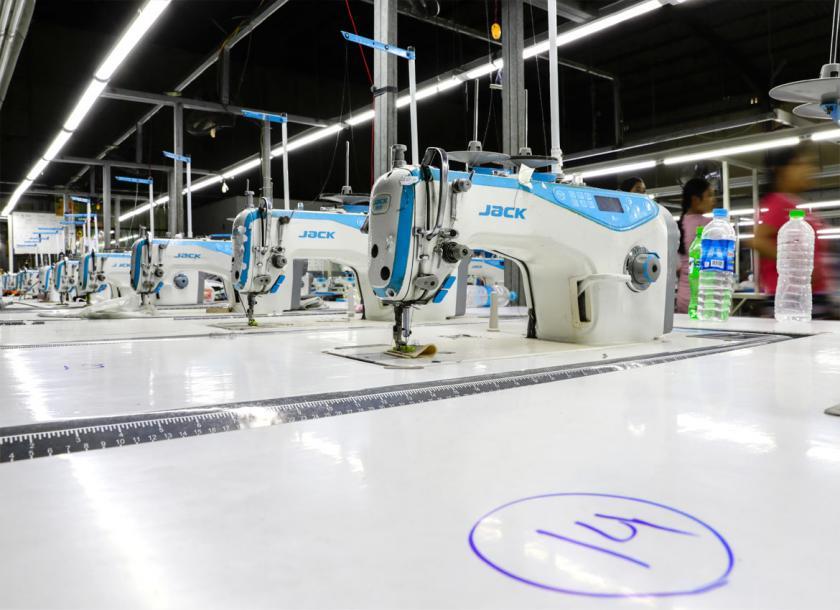
More garment factories in Myanmar stopped their operations as the orders from European Union countries have cancelled due to the COVID – 19 pandemic
Update: More garment factories stopped operations in Myanmar as European Union countries, a major export market, cancelled orders last week amid the spread of the COVID-19 pandemic, a senior industry leader said. U Myint Soe, chair of Myanmar Garment Manufacturers Association (MGMA), said the EU market accounts for 70 percent of the country’s garment export. “All operations of the factories that have accepted orders from the EU have stopped. I don’t know how we will deal with this issue,” he said. The bad news came as the supply of raw materials from China re-started to flow back into the country after three months of stoppage due to the virus outbreak. “We began to receive raw materials from China. We have no more raw materials problem. Now, the EU no longer accepts our garment exports. It happened since last week,” U Myint Soe said. -
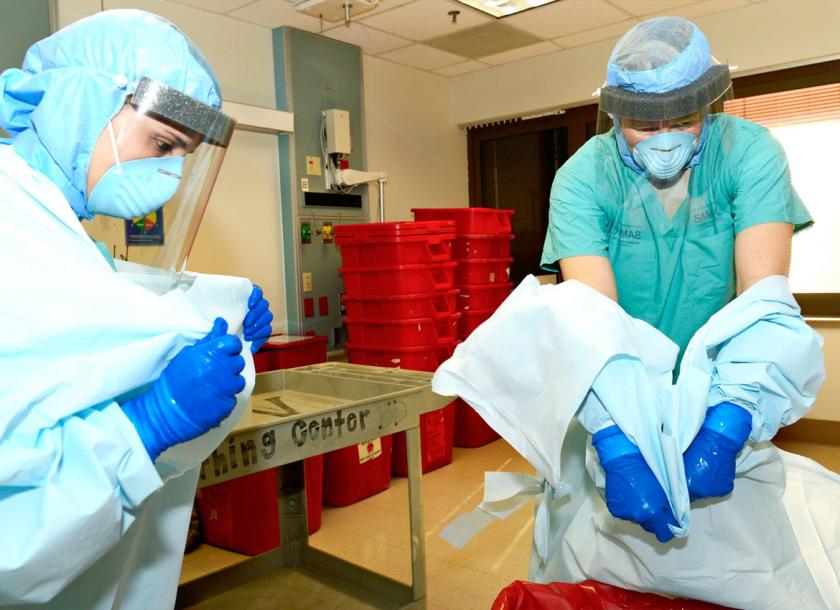
Myanmar government purchase 100,000 pieces of personal protective equipment (PPE) from local factory
The government of Myanmar signed an agreement to purchase 100,000 pieces of personal protective equipment (PPE) equipment to be used by healthcare workers in the fight to contain the COVID-19 virus, a senior government official says. U Hein Htet, secretary of the Industrial Supervisory Committee of Bago Region, said the contract was signed between the Ministry of Health and Sports and bought Cobes Industries Myanmar Co Ltd on Wednesday. Cobes Industries is a Hong Kong-based company that has a subsidiary in Bago Region. “The company is selling the 100,000 pieces of PPE to the government at only the cost of their labour and they are even bearing the cost of the raw materials to make the equipment,” said U Hein Htet. -

The bilateral trade between Thailand and Myanmar falls by USD $ 237.78 million as of 20 March in the 2019 – 2020 financial year
Bilateral trade between Thailand and Myanmar through the Htikhee border between 1 October and 20 March in the 2019-2020 financial years sharply fell to US$973.28 million from $1.2 billion registered in the year-ago period, according to the Commerce Ministry data. Over the five months period, exports through the Htikhee border stood at $959.16 million, while imports fell short of $14 million. Exports of natural gas from Taninthayi Region contributed to the enormous increase in trade through the Htikhee border in the previous fiscal, said an official from the ministry. Earlier, the Myawady border sees the largest trade among the Myanmar-Thailand checkpoints. The rise in exports through the Htikhee border boosted the value of the Myanmar-Thailand border trade in the 2018-2019FY. In the current fiscal, trade values at Htikhee border surpassed those registered at Myawady border. -
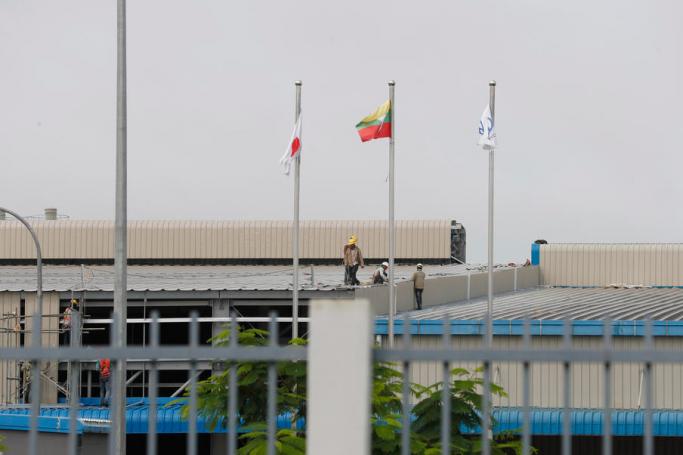
Foreign investments flowed into the Special Economic Zones (SEZs) reached USD $ 84.267 million as of 6 March in the 2019 – 2020 financial year
Foreign investments of US$84.267 million have flowed into the Special Economic Zones (SEZs), under the Special Economic Zone Law, as of 6 March in the 2019-2020 financial year, according to the figures released by the Directorate of Investment and Company Administration (DICA), state media reported. Since its establishment, a total of 114 enterprises from 18 countries and four local businesses have ploughed in $1.929 billion as of end-February, 2019 in the zones, the investment source indicated. -
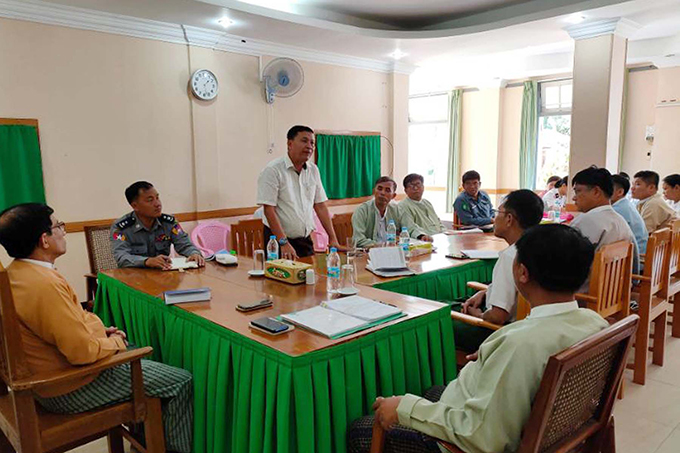
Tanintharyi Tourism Committee granted licence for hotel business worth K 800 million
Taninthayi Regional Tourism Committee has issued a licence for K800-million-worth hotel business, said Deputy Director U Win Thein of the Directorate of Hotels and Tourism. The hotel will be developed by a local investor on the Strand Road of Myeik town. The construction will start this year, he added. Also, the committee has granted licences to three tourism companies at the second meeting of the committee this year, yet two companies surrendered the licences. “These licences are relinquished not because of the fallout in tourism industry with Covid-19 negative impacts,” he also highlighted. The committee has endorsed to extend the term of licences for tourism companies, hotels and tour guides at the meeting, the deputy director said. Lately, Taninthayi Region has become a popular spot among tourists. Thailand eyes Taninthayi Region for investment. The region also has smooth transportation, according to the regional investment committee. -
The Central Bank of Myanmar (CBM) reassured that banking services will continue despite COVID – 19
Myanmar’s central bank has reassured citizens that banking services will not stop, including mobile banking and cash machines, amid the COVID-19 pandemic. The Central Bank of Myanmar (CBM) said more cash than usual was withdrawn from banks on Tuesday, following Myanmar’s first confirmed coronavirus cases. On Wednesday, the CBM said it had ordered all banks to make contingency plans to ensure the continuous operation of services during any COVID-19 outbreak. The CBM said it had been supervising banking operations to ensure services operated smoothly in “any situation”.
เกาะติดข่าว
Copyright © 2014 Business Information Center All Rights Reserved.







